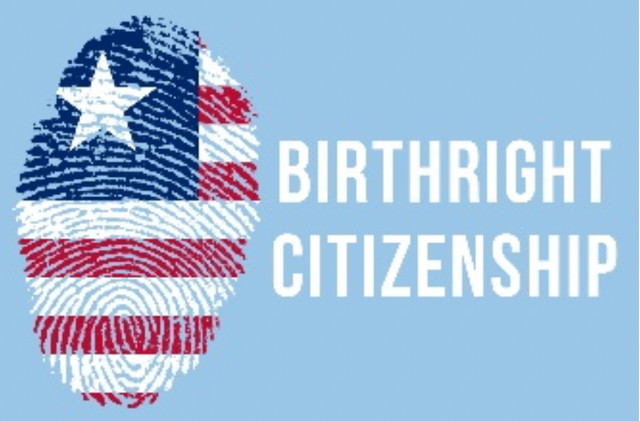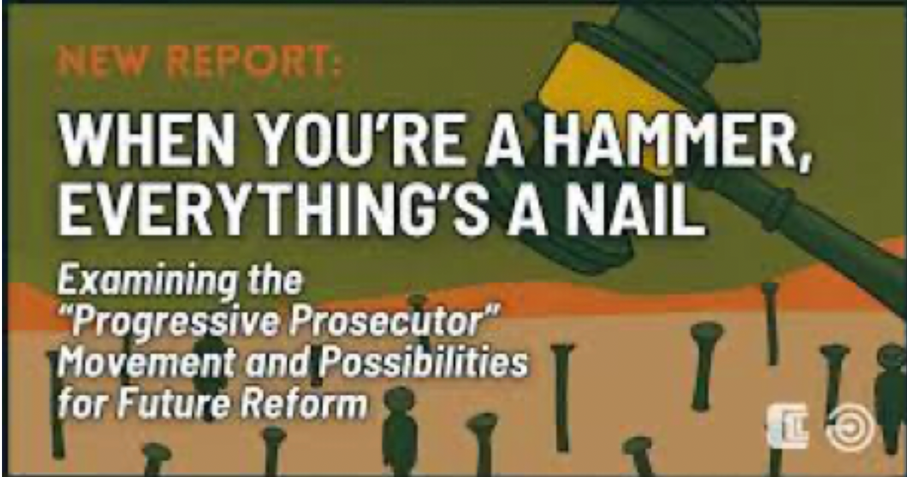The Return Of Dred Scott: Opposition To The Well Settled Principle Of Birthright Citizenship Enacted By Virtue Of The Civil War
What does it mean when President Trump states that he wants to do away with birthright citizenship? To answer that, one must understand some legal history.
Dred Scott v. Sandford, 60 U.S. (19 How.) 393 (1857), was a horrible decision of the United States Supreme Court which found that the U.S. Constitution did not extend American citizenship to people of black African descent, and therefore they could not enjoy the rights and privileges the Constitution conferred upon American citizens. In essence, Black people could never be citizens of the United States, even if they were free. Dred Scott, 60 U.S. at 406–27. Dred Scott thus endorsed racialized citizenship in America.
Chief Justice Roger B. Taney read the 7-2 opinion which also stated that Congress had no authority to ban slavery from a federal territory. In this ruling, the U.S. Supreme Court stated that enslaved people were not citizens of the United States and, therefore, could not expect any protection from the federal go vernment or the courts. The opinion also stated that Congress had no authority to ban slavery from a Federal territory. In essence – and contrary to tradition – the Supreme Court imposed a test of inherited citizenship in America. Due to the existence of chattel slavery, the Court reasoned, all Black people in the United States of America failed this test since all of them (according to Chief Justice Roger B. Taney) were either enslaved or descended from enslaved people. Dred Scott also moved us a step closer to our Civil War.
Justice Taney wrote that “[t]his opinion [as to Black inferiority] . . . was regarded as an axiom in morals as well as in politics, which no one thought of disputing, or supposed to be open to dispute; and men in every grade and position in society daily and habitually acted upon it in their private pursuits, as well as in matters of public concern, without doubting for a moment the correctness
of this opinion.” Dred Scott, 60 U.S. at 407. Because members of the “negro African race” were considered “beings of an inferior order, and altogether unfit to associate with the white race” when the Constitution was drafted, neither slaves nor their descendants, regardless of whether they were free, were “intended to be included in the general words used in that memorable instrument.” Id. at 406, 407; see also id. at 404–05. Thus, our Supreme Court’s decision in Dred Scott v. Sandford set forth a racialized definition of American citizenship that excluded Black people, free or enslaved, just four years before the start of the Civil War.
In 1865, after the Union's victory in the Civil War, the Court's ruling in Dred Scott was rejected by the passage of the Thirteenth Amendment to the U.S. Constitution, which abolished slavery, and the Fourteenth Amendment, whose first section guaranteed citizenship for "[a]ll persons born or naturalized in the United States and subject to the jurisdiction thereof."
The Supreme Court unequivocally found that “[t]he main object of the opening sentence of the fourteenth amendment was to settle the question. . . as to the citizenship of free [Black people]. . . and to put it beyond doubt that all persons, white or black, and whether formerly slaves or not, born or naturalized in the United States, and owing no allegiance to any alien power, should be citizens of the United States and of the state in which they re- side.” Elk v. Wilkins, 112 U.S. 94, 101 (1884) (citations omitted and emphasis added); United States v. Wong Kim Ark, 169 U.S. 649, 675 (1898) (noting that the “fundamental principle of citizenship by birth within the dominion was reaffirmed in the most explicit and comprehensive terms” in the Fourteenth Amendment and the Civil Rights Act of 1866). The Civil Rights Act of 1866, enacted over President Johnson’s (a racist former slaveowner) veto, set forth that “all persons born in the United States, and not subject to any foreign power, excluding Indians not taxed, are hereby declared to be citizens of the United States.” Wong Kim Ark, 169 U.S. at 675 (discussing the Act). See, GARRETT EPPS, DEMOCRACY REBORN: THE FOURTEENTH AMENDMENT AND THE FIGHT FOR EQUAL RIGHTS IN POST-CIVIL WAR AMERICA (2006) (discussing Johnson’s veto and noting that “no Congress had ever before overridden a presidential veto on an important measure”), https://www.amazon.com/Democracy-Reborn-Fourteenth-Amendment-Post-Civil/dp/0805086633
The whites only citizenry principle set forth in Dred Scott was rejected for the inclusive Fourteenth Amendment principle of citizenship at birth for all persons, regardless of race in America. It is important to understand that the Fourteenth Amendment principle of citizenship at birth was not a new idea but one based on three hundred years of British common law. Wong Kim Ark, 169 U.S. at 655–58; Id. at 660 (“Nothing is better settled at the common law than the doctrine that the children, even of aliens, born in a country, while the parents are resident there under the protection of the government, and owing a temporary allegiance thereto, are subjects by birth.”) (citations omitted). This rule was articulated by Sir Edward Coke in Calvin v. Smith, 77 Eng. Rep. 377 (KB) (Calvin’s Case) (1608). Heather Horn, Birthright Citizenship Wasn’t Born in America, THE ATLANTIC (Sept. 1, 2015), https://www.theatlantic.com/international/archive/2015/09/birthright-citizenship-donald-trump-england/403159/
Therefore, President Trump’s desire to reject birthright citizenship is contrary to constitutional law enacted by virtue of the American Civil War.











